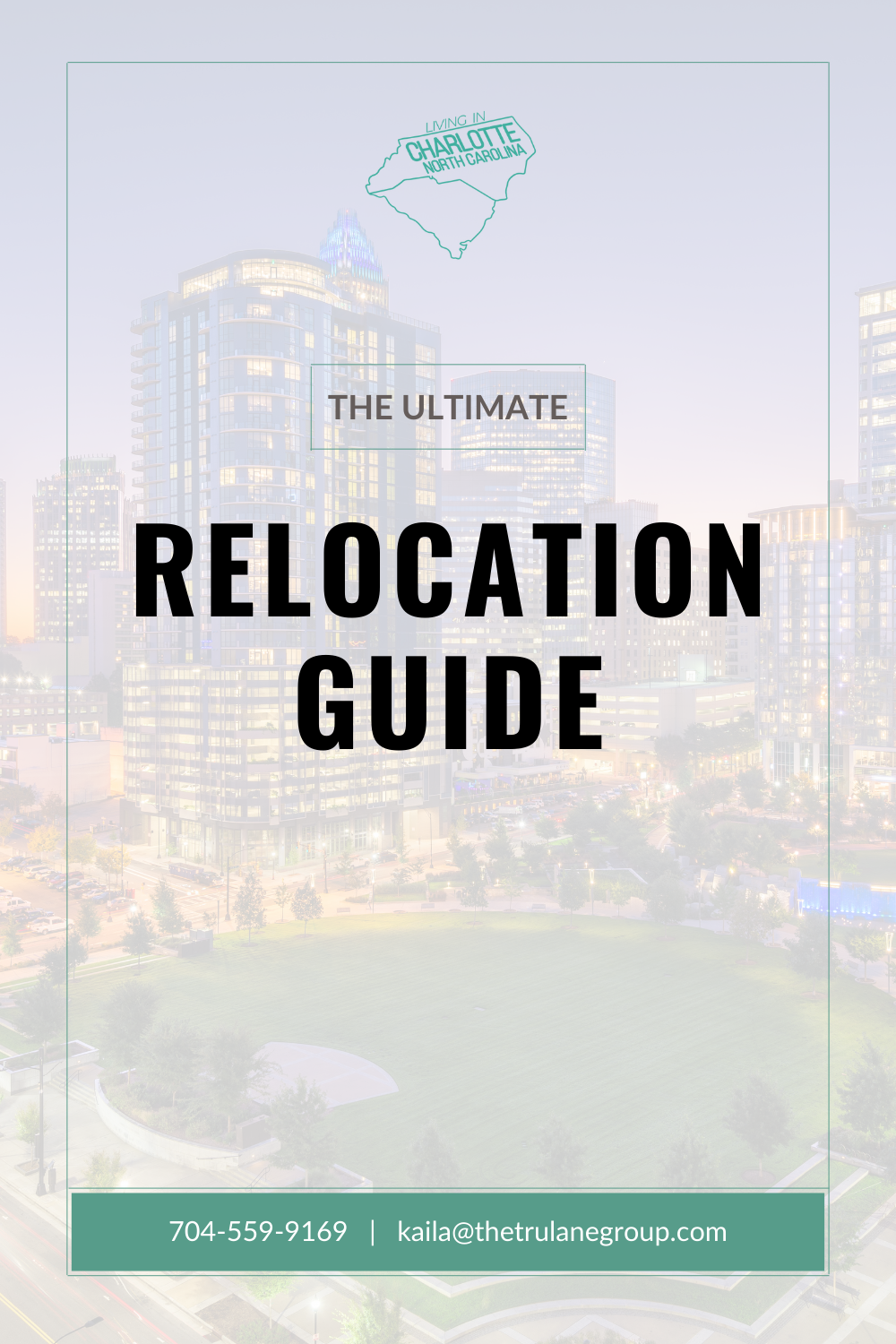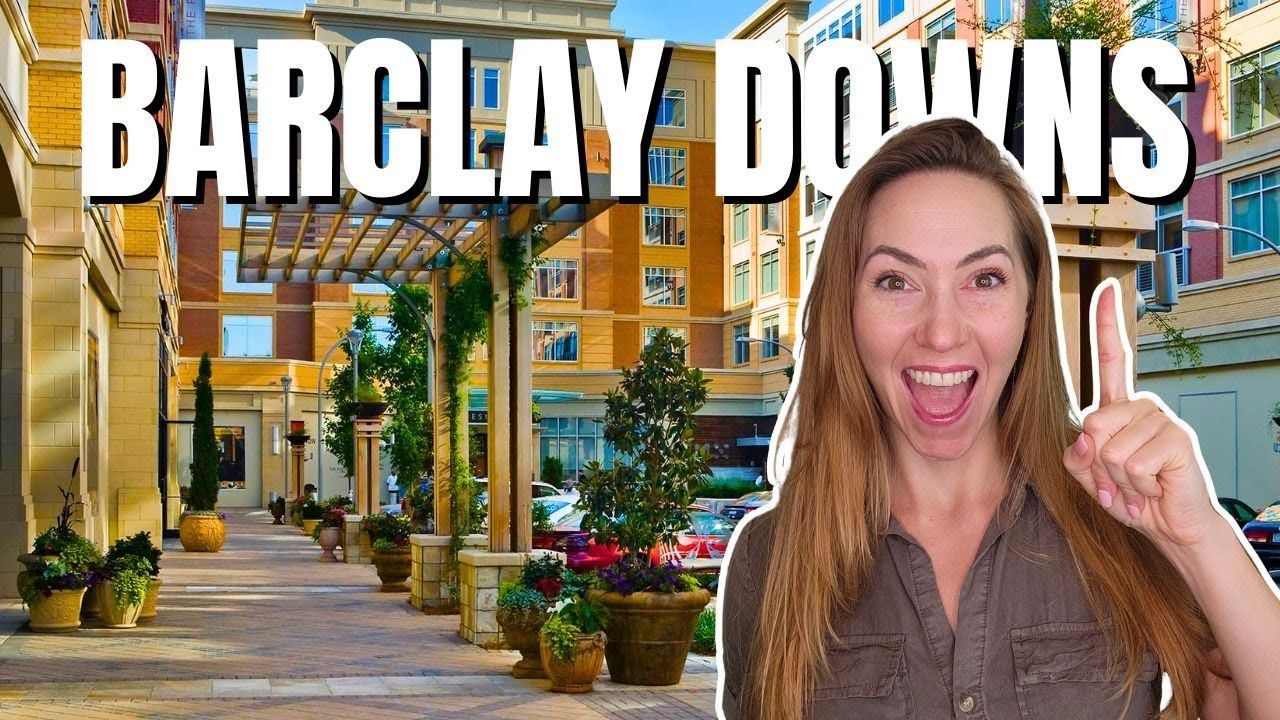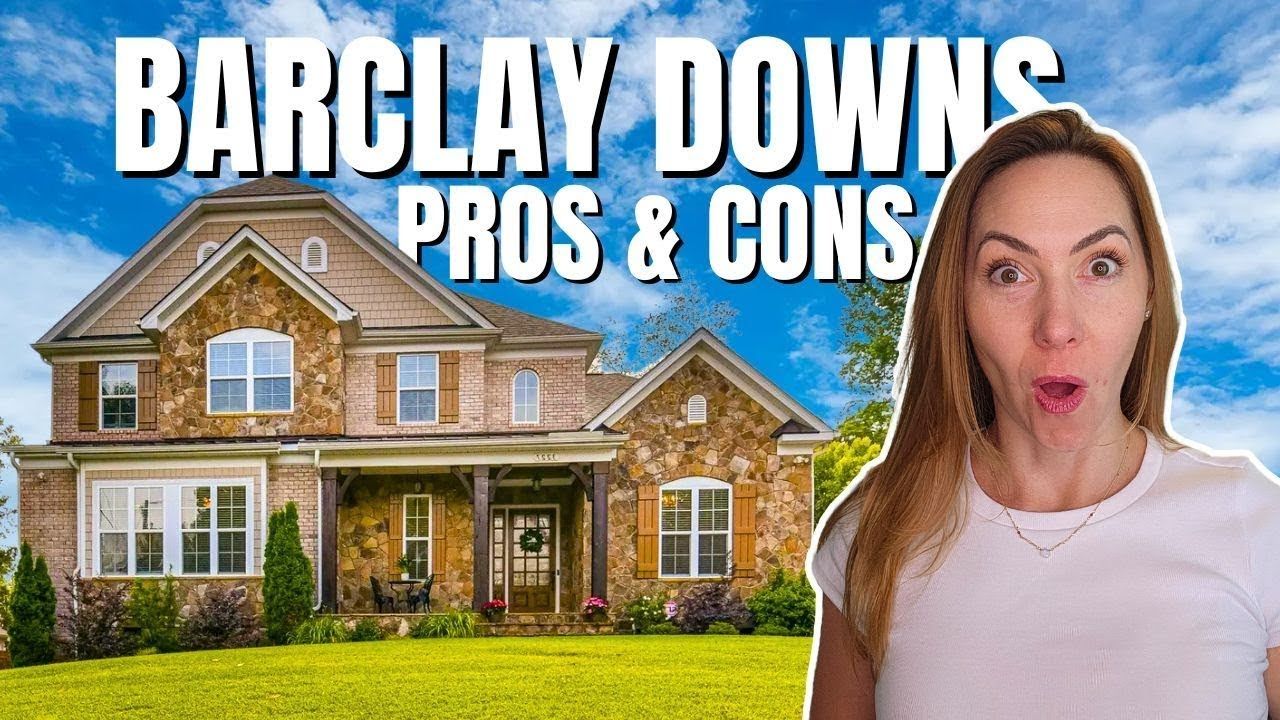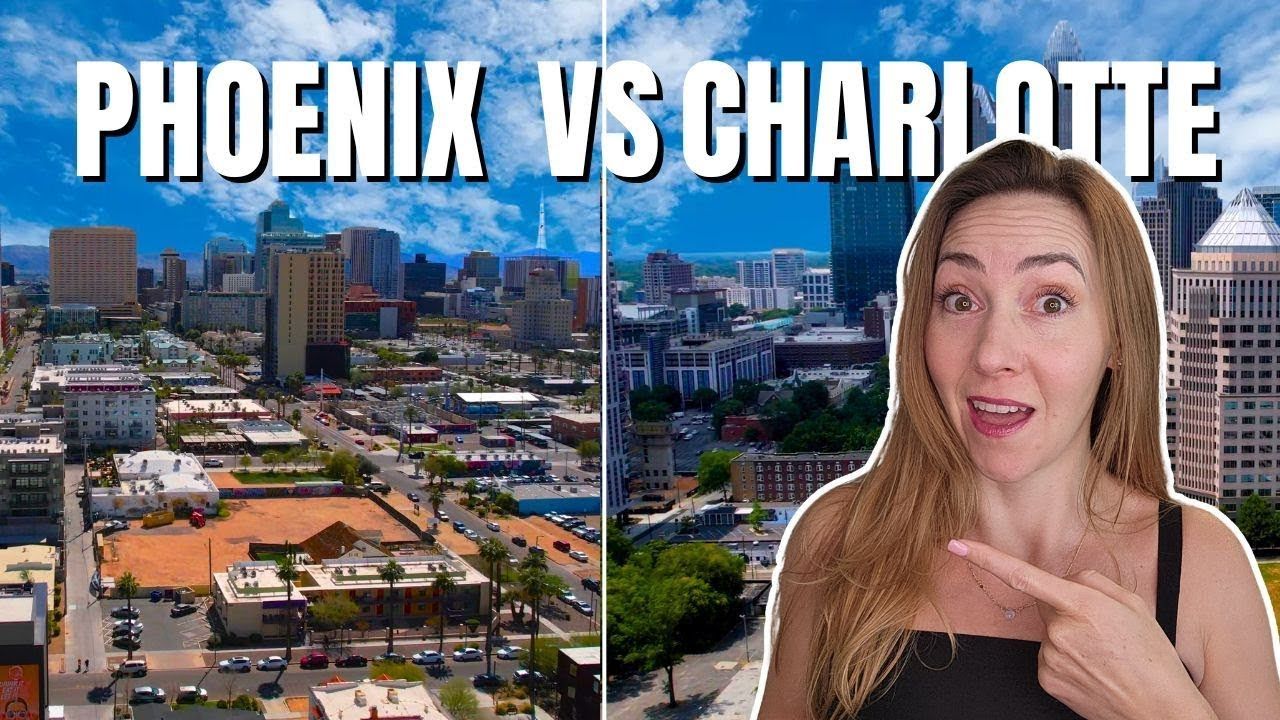Monroe, NC: Everything You Need to Know About This Growing Town
Monroe, NC: Everything You Need to Know About This Growing Town
Monroe, NC, once overlooked, is now becoming a popular option for those looking to move outside of Charlotte. This up-and-coming town offers a mix of affordable homes, growing industries, and a charming downtown. In this blog, we’ll dive deep into why Monroe might be the perfect place for your next move.
Table of Contents:
- Introduction to Monroe, NC
- Monroe’s Ideal Location and Commute Times
- Why Monroe Is Growing: Affordable Homes and New Construction
- Monroe’s Economic Growth: Industries Driving the Boom
- Housing Market and Median Home Prices
- Monroe’s Schools and Education
- Downtown Monroe: History, Culture, and Entertainment
- Monroe’s Wineries and Local Attractions
- Conclusion
- FAQs
1. Introduction to Monroe, NC
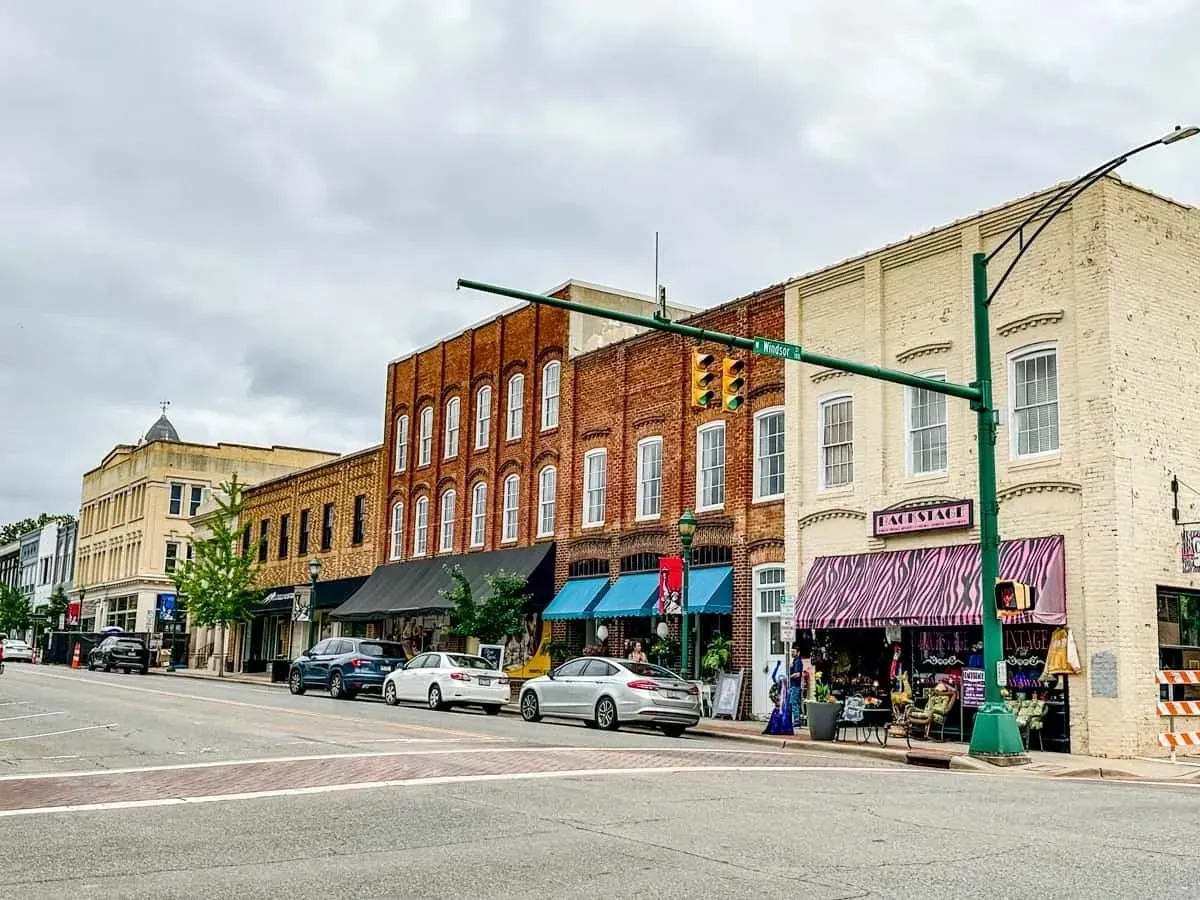
Monroe, NC, a suburb of Charlotte, has historically been overlooked by homebuyers, but times are changing. With the recent growth in its economy, affordable housing options, and easy access to Charlotte, more and more people are considering Monroe as a viable place to call home. The recent improvements to local infrastructure, like the 74 toll lane, make commuting much more convenient, drawing in new residents.
2. Monroe’s Ideal Location and Commute Times

One of Monroe’s key advantages is its location. Situated just southeast of Charlotte, Monroe offers easier access to major highways and quick connections to both the beach and mountains. While the commute to uptown Charlotte takes about 45 minutes, Monroe residents can cut travel time to the coast by 30 to 45 minutes compared to those living in northern Charlotte.
Commuting to other parts of Charlotte like Ballantyne or Highland Creek will still require a 35-45 minute drive, so residents need to plan for these commute times. However, the lower cost of living and relaxed lifestyle make up for the extra time spent in the car.
3. Why Monroe Is Growing: Affordable Homes and New Construction
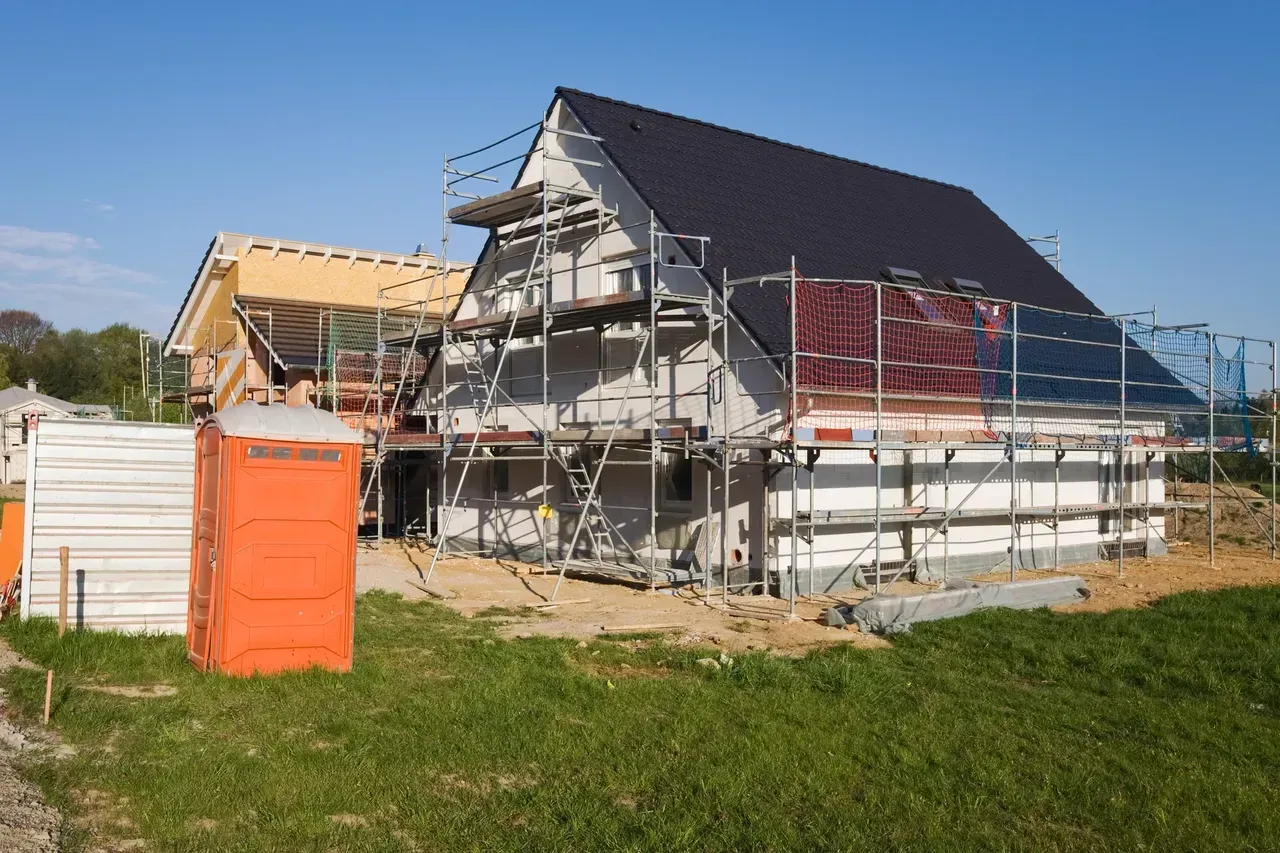
The growth of Monroe can be attributed to the availability of land and the relatively affordable home prices. As other Charlotte suburbs like Waxhaw and Huntersville became more expensive, Monroe has attracted builders looking for cost-effective land. The average home price in Monroe is significantly lower than those in surrounding areas, with homes starting in the mid-$300,000s and stretching up to $600,000+ for larger properties.
Several major builders, including Toll Brothers, Empire Communities, and Lennar, are developing properties in Monroe. With a variety of housing styles and lot sizes, Monroe appeals to homebuyers looking for space, affordability, and room to grow.
4. Monroe’s Economic Growth: Industries Driving the Boom

Monroe’s economy is evolving, with a shift from agricultural roots to modern industries. Aerospace and aviation are now key players in Monroe’s economy, thanks to the development of the Charlotte-Monroe Executive Airport. This airport serves as a hub for aviation testing and production, creating jobs and boosting the local economy.
Healthcare is another growing industry in Monroe, with several hospitals and healthcare facilities providing employment opportunities. Retail, manufacturing, and construction are also strong contributors to the local economy, offering diverse job options for residents.
5. Housing Market and Median Home Prices

Monroe’s housing market remains competitive due to its affordability compared to other Charlotte suburbs. The median home price in Monroe is around $289,000, significantly lower than in more affluent areas like Waxhaw or Huntersville. With an average household income of $58,000, Monroe provides an excellent opportunity for homebuyers looking to stretch their dollar further while still being close to Charlotte.
6. Monroe’s Schools and Education
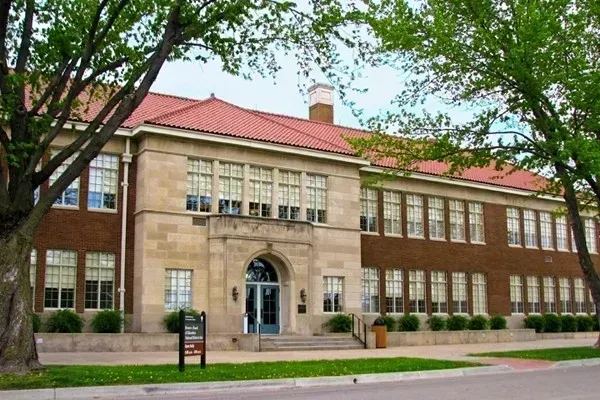
Despite Monroe’s perception as a rural area, its schools perform quite well. Monroe’s schools have ratings ranging from 6 to 8 out of 10, which places them above the national average. With smaller student-to-teacher ratios, schools in Monroe provide more individualized attention, which helps students succeed.
Monroe’s population includes a large number of tradespeople and skilled workers, with fewer residents holding four-year degrees compared to other areas. However, the economic diversity in the town ensures that residents have access to stable jobs and a high quality of life without necessarily pursuing a college education.
7. Downtown Monroe: History, Culture, and Entertainment

Downtown Monroe has retained its historical charm, with classic architecture and a vibrant community feel. The streets are lined with local businesses, from vintage shops to coffee houses like Cella Coffee. Monroe’s downtown also features historic landmarks like the Dowd Theater and the old courthouse, which continue to serve the community.
One of the highlights of downtown Monroe is the sense of small-town charm paired with modern conveniences. Many local shops and restaurants cater to residents and visitors alike, providing a welcoming environment.
8. Monroe’s Wineries and Local Attractions

Monroe is home to unique attractions like Treehouse Vineyards, where visitors can enjoy wine tasting and even rent a treehouse for the night. This local vineyard offers a serene setting and sweet, muscadine wines native to North Carolina. Monroe also features outdoor entertainment like concerts and events, making it a great place for families or those looking to relax and enjoy the outdoors.
In addition to the vineyards, Monroe’s parks and nature trails make it an excellent option for those seeking a peaceful lifestyle close to nature without being too far from the city.
Conclusion
Monroe, NC, once overlooked, is rapidly becoming a hidden gem in the Charlotte region. With affordable housing, growing industries, and a revitalized downtown, Monroe offers something for everyone. Whether you're looking for more space, a lower cost of living, or a small-town feel within commuting distance of Charlotte, Monroe is worth considering for your next home.
FAQs
Q: How far is Monroe from Charlotte?
A: Monroe is about a 45-minute drive from uptown Charlotte, depending on traffic and your exact location within Monroe.
Q: What is the average home price in Monroe, NC?
A: The median home price in Monroe is around $289,000, making it one of the more affordable suburbs of Charlotte.
Q: What industries are growing in Monroe, NC?
A: Monroe has a growing aviation and aerospace industry, healthcare, retail, and manufacturing sectors contributing to its economic growth.
Q: Are there good schools in Monroe?
A: Yes, Monroe’s schools rank between 6 and 8 out of 10, offering a quality education with smaller student-to-teacher ratios than some nearby areas.
Q: What attractions are there in Monroe, NC?
A: Monroe is home to Treehouse Vineyards, local parks, and a charming downtown area with restaurants, shops, and historic landmarks like the Dowd Theater.
Thinking about living in Charlotte NC?
Discover the charm and vibrancy of Charlotte, North Carolina. Whether you're captivated by the city's thriving arts scene, outdoor adventures, or welcoming neighborhoods, we’re here to help you find your perfect home. Contact us today to start your Charlotte journey!
📱Call or Text us: 704-559-9169
📨Email: info@LivinginCharlotteNC.com
📅Free Real Estate Consultation (Zoom Call): https://shorturl.at/hyB28

Kaila has built a stellar reputation in real estate, consistently ranking in the top 1% of agents, thanks to her innovative use of YouTube to educate clients on relocation. Check out her content on YouTube, where she shares valuable insights for homebuyers and sellers. Her passion for mentorship and a balanced lifestyle, as a devoted wife, mother, and artist, further sets her apart in the industry.


